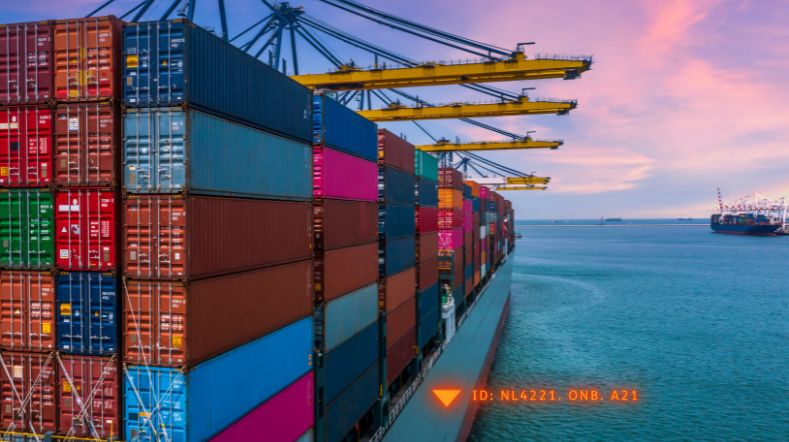
MENENS: Methanol Powered Shipping
Status project
November 2021 – December 2025
In cooperation with
MARIN, TU Delft, Ministry of Defence, DAMEN and more
The methanol life cycle within the shipping industry refers to the process of producing, distributing, and using methanol, while minimising its environmental impact and ensuring sustainability. The MENENS project helps driving the adoption of methanol as a marine fuel, by improving the performance and reliability of methanol-based power and energy systems, de-risking the integration of these system into ships and demonstrating this for several relevant Use Cases.
How do we achieve this?
Achieving emission-free shipping is not a given. The vast majority of ships currently still run on fossil fuels. Although there are several routes to achieving CO2 emission reductions in the maritime sector, there are only a few possible alternatives to marine diesel that can be deployed in the short to medium term. Methanol is an alternative with strong support in the international maritime sector and the most feasible for large-scale introduction in the short to medium term.
As can be seen in the project roadmap, the research focus of MENENS is broad; from in-depth knowledge development on methanol power generation (WP1), safe storage (WP2), system design & integration (WP3), and lab testing including power & energy management and control (WP4), to on board realisation by retrofits, full-scale measurements and validation feedback (WP5-7). Use cases are being defined to look beyond the horizon and envision the ships of the future. This will serve as a basis for the scope of the WP3-4 research group, which examines the future power & energy system design.
At TNO, we focus on several aspects of the transition, such as safe storage and use of methanol, methanol combustion, mission management, energy management and digitalisation. To achieve all this, multiple TNO departments (and test facilities) collaborate with the 22 partners MENENS project.
Who do we cooperate with?
The 22 partners in this project represent the full width of the Dutch maritime sector, from shipowner to designer and from shipbuilder to (specialist) supplier. The partners jointly want to accelerate the route to truly emission-free shipping through the development of adaptive system solutions based on methanol.
MARIN, TU Delft, Ministry of Defence, DAMEN, Feadship, Royal IHC, C-Job, Van Oossanen, TB Shipyards, Fugro, Boskalis, Van Oord, Royal Wagenborg, Maritime Logistic Servises, RH Marine, Wartsila, EST-Floattech, Bakker Sliedrecht, Maritime Service Noord, Discom, DC Systems, LPS, TechForce
What is our impact?
Results of the MENENS project will help accelerate the Dutch maritime sector transition to emission-free. The goals of the MENENS project also align with those outlined in the Maritime Master Plan, which aspires to establish the Netherlands as a global leader in sustainable shipbuilding and shipping, including a target of having 30 zero-emission ships in operation by 2030.
The MENENS project is made possible by the Netherlands Enterprise Agency (RVO).
Get inspired
TNO opens test cell for sustainable marine engines


New testing facility enables safe experimentation with liquid hydrogen


Wind energy webinars

Ship materials and structures

The transition to sustainable shipping



